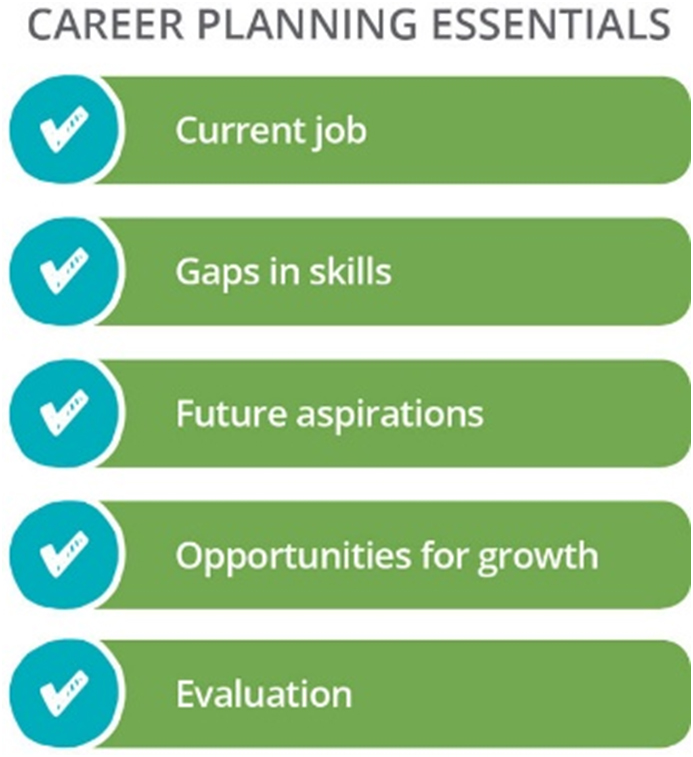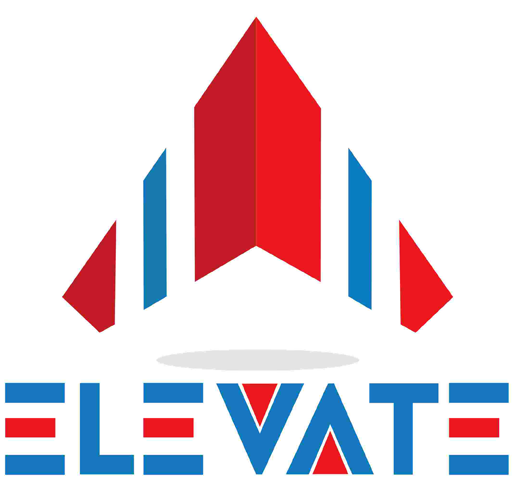Career Advancement Checklist
If you’re serious about advancing your career, there are certain things you need to consistently do to keep moving forward. The following checklist will help:
- Create a career map and review it regularly. Your career map shows your desired career trajectory from where you are now to your ultimate career goal. The U.S. News article “ 3 Steps to Mapping Your Career Path” by Hallie Crawford explains how to create a career map by determining where you want to be in five years and then thinking backwards to your three- and one-year goals.
- Engage in skills development activities. When you know what your next career steps are going to be, you can also determine what technical skills you need to develop. Make sure to participate in activities that allow you to acquire these skills, such as employer-provided training, as well as self-funded courses. It’s also wise to develop your soft skills such as leadership and communication abilities. If you don’t have sufficient opportunity to practice all of these skills at work, look for other ways to do so, for example by participating in volunteer work or looking for side-gigs.
- Ask your supervisor for stretch assignments. To advance, you need to show your current manager that you possess the ability to take on more responsibilities. You can do this by asking for stretch assignments, i.e. assignments that challenge you so you can further develop your skills and simultaneously gain more experience.
- Participate in online and in-person networking opportunities. Who you know plays a critical role in your career development, since your contacts can alert you to opportunities, introduce you to other professionals and even act as references for jobs. That’s why you should network on LinkedIn and other social media sites, as well as attend networking events at professional organizations.
- Find a mentor. As you progress in your career, there are going to be obstacles and opportunities that you’ll need to navigate carefully. That’s where the advice of an experienced mentor can make a huge difference. A mentor is a seasoned professional who’s basically been where you are now and is in the position to give you sound advice. In addition, as Chris Myers points out in his Forbes article “Mentorship Is Key to Career Success for Young Professionals”, mentors can help accelerate your career by introducing you to opportunities you otherwise might not know about.
- Keep track of your professional accomplishments. Keeping a success diary or list of your projects, contributions and achievements is essential to knowing how far you’ve come in your career. It’s also a great way to prepare for any promotions or job applications.

To make the most of this checklist, use it to review your career progression every three months. That way, you can keep track of what you’re doing so you can keep moving forward the way you want to.
